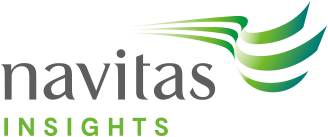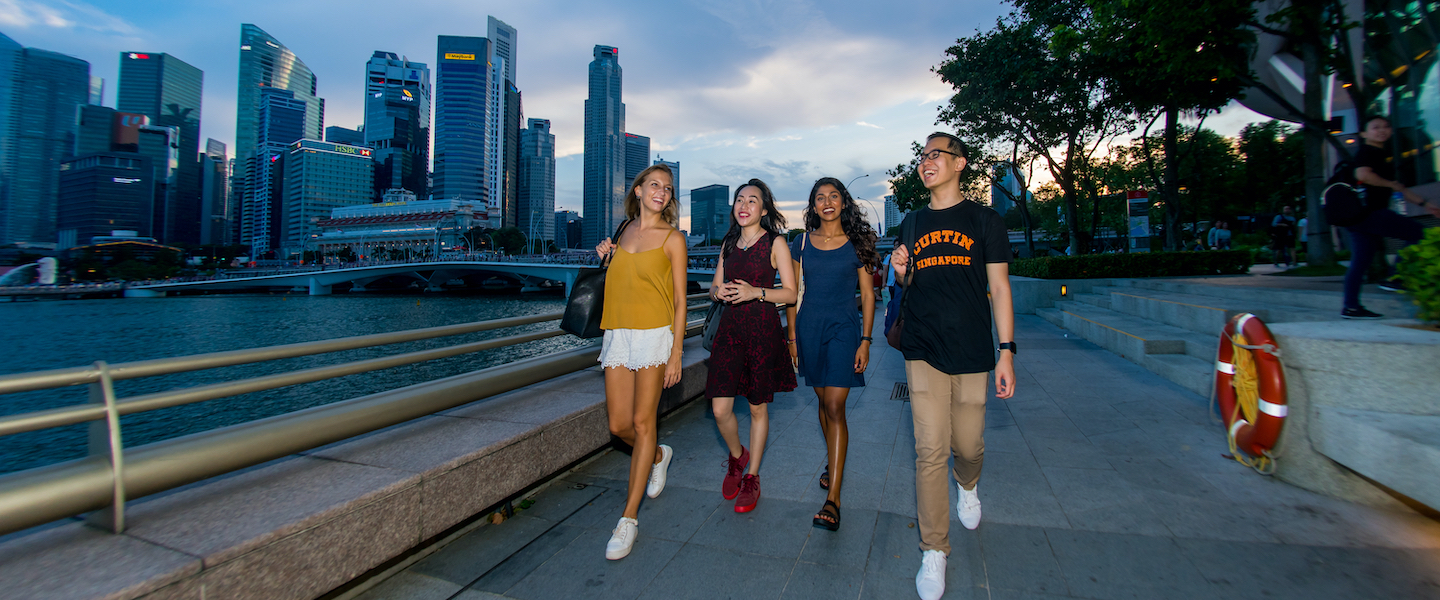
Why student experience matters in a digital world
Those who walk through our campus doors on day one may step off the local bus from a few suburbs away or arrive ‘dazed and jetlagged’ (as one student described it) from another time zone. A few may be so well-prepared they have already enrolled in their course and joined a student group on WhatsApp, whilst others turn up two weeks late having missed the first couple of lectures and struggle to catch up. What most have in common is the mobile device they carry in their pocket and the expectation that it will help connect them to information, guidance and social networks so they don’t have to navigate this new experience alone.
Connecting digital to the student experience
“I was worried that I wouldn’t be able to cope living alone… Would I be homesick? Could I take it? I was worried about missing my friends… My mum was very worried about me being alone for the first time.”
Last year a global initiative called ‘Digital Customer Experience’ (DCX) was launched at Navitas. The vision is clear: to create consistent, seamless and engaging digital experiences for our students, from the moment they think about studying through to graduation and their ongoing connection with us as alumni. Working in cross-functional teams, more than a hundred staff have so far volunteered time and expertise to help kick off the work, which draws on research and student-led design approaches to pilot and learn how we can improve the student digital experience.
Even before the first research immersion phase began, we knew student expectations of digital experiences would be high, driven by innovation both within and outside the education sector:
‘Students, parents and agents expect to receive a seamless and responsive digital experience across all points of digital interaction, similar to their interaction with everyday businesses and applications’[1]
However, through dozens of individual interviews, co-creation and user testing activities with students and Navitas staff, we’ve also been brought back to the essentials that support great student experience, showing that students still need our care, guidance and community throughout their educational journey.
A hands-on approach to student research
“Filling out the application was hard! At high school your parents fill out all your forms so this was the first one I had done…”
The DCX initiative chose an approach that could move fast, iterate and fail-forward, which meant that within three months of starting, more than 30 student and staff interviews and workshops had generated 19 ‘territories’ for idea development based on pain points and opportunities along the whole breadth of the student journey. These were prioritised and formed into five initiatives for validation and testing, where ideas were quickly prototyped and taken back to students to understand if they were doing the job they needed.
These first five initiatives range from experiments with personalisation and improvements to website design right through to the experience of orientation, enrolment and the digital interfaces our students use to find course information, timetabling and social activities. Continued testing of concepts and prototypes with students is already providing insights which can help us design better experiences, from their mobile phones to their interactions with staff at the front desk.
Launching ‘Parachute’: a soft landing for students!
“There were so many firsts for me… The flight, the metro… That is why I was so desperate to see pictures of everything – I couldn’t imagine it all.”
Now is a particularly exciting time for DCX as we see the launch of one the initiatives in the ‘pre-arrival’ stage of the student journey. The concept is a video-driven platform called ‘Parachute’, and responds to some very clear insights we heard from students about their need to better understand what life is really like in the college and location where they will study, giving them confidence that they’ve made the right choice. Co-designed and produced together with current students at one of our Australian colleges, the platform features those students in a set of very personal, honest videos which empower students to explore the topics that interest them, giving them and their parents a very human reassurance that the big step they’re taking is the right one.
Looking ahead: what’s next for DCX?
“It has always been my dream to come to Australia. I have looked forward to this for so long, it’s very exciting!”
We want every individual who comes to study with us to have the experience they dreamed of, no matter where they start from and where they hope to get to in the future. This means going deeper into their lived experience, both ‘real’ and digital, to understand as much as we can about where the pain points are and what we can make better.
As other DCX initiatives become ready for pilot, we’ll be calling on our colleagues across Australasia, Europe and North America to help drive the next phases of shared activity and learning at a global level. By observing, listening and co-creating solutions together with our students and staff, we’ll be making sure we don’t just design for our own organisational needs, and put our students’ experiences and outcomes at the centre of every touchpoint in their journey.
Sincere thanks to all the students and Navitas staff who have dedicated their time and energy to sharing their experiences with us so far. The quotes in this article come directly from our student research.
[1] International Education Digital Engagement Framework Scoping Study, prepared by Deloitte Digital and EduWorld in collaboration with Austrade and the Department of Education & Training




